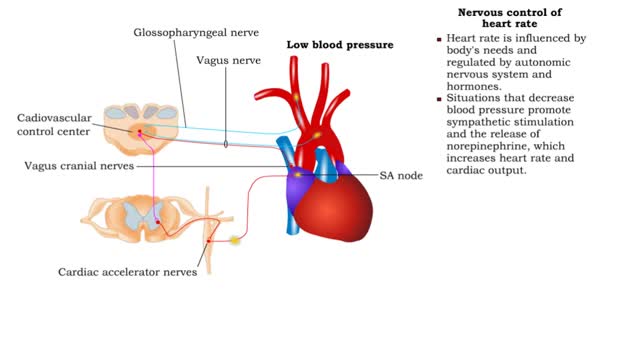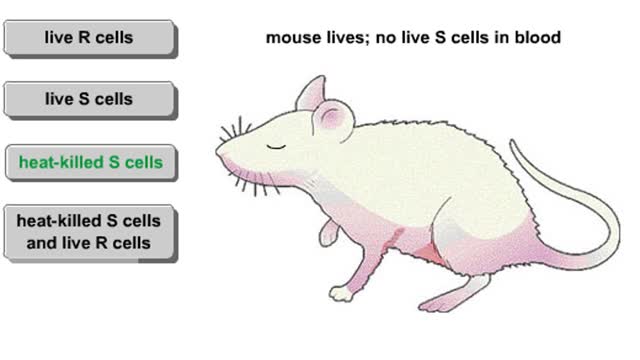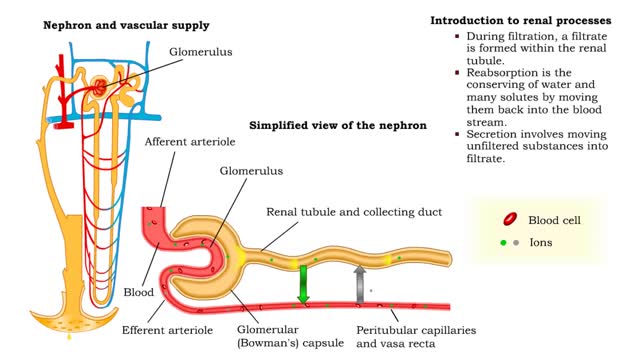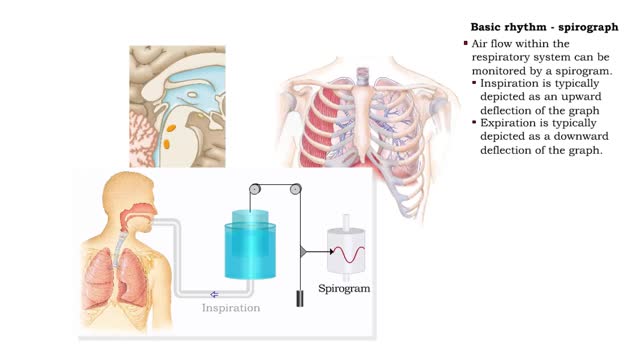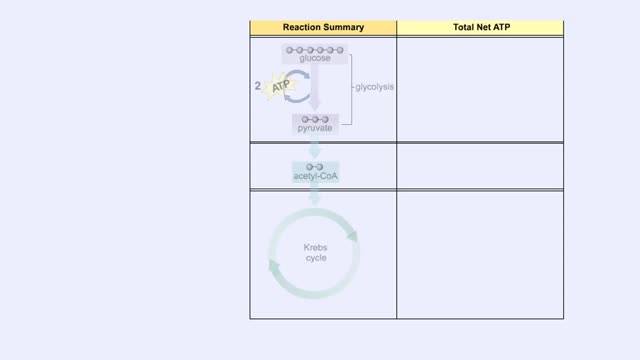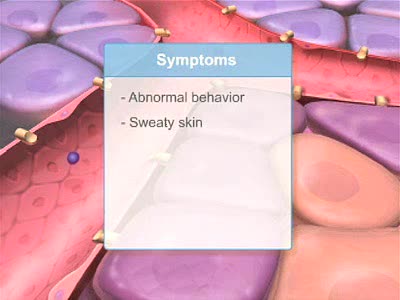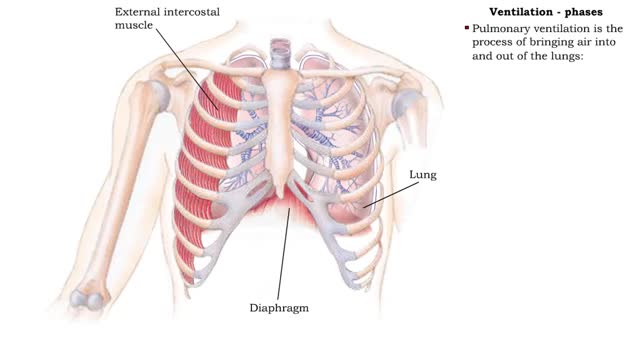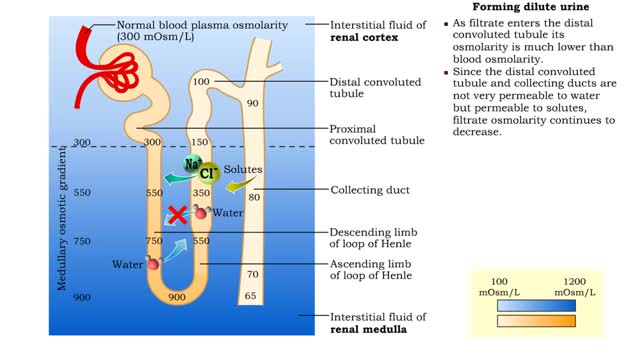Search Results
Results for: 'blood flow.'
By: HWC, Views: 11330
• Heart rate is determined by the rate of depolarizations of the sinoatrial (SA) node. • Cardiac output is directly proportional to heart rate, the greater the heart rate the greater the cardiac output. • Changes in heart rate are associated with exercise, stress or injury. Nervous ...
By: HWC, Views: 8394
In the late 1920s, Fred Griffith was attempting to develop a vaccine against a bacterium that causes pneumonia. To find out why two strains of the bacteria differed in their deadliness, he injected mice with four different mixtures. Mice injected with R cells remained healthy. When Griffith ex...
Introduction to filtration - filtrate formation and composition
By: HWC, Views: 11347
• At the nephron, the three process responsible for the formation of urine include: • Glomerular filtration. • Tubular reabsorption. • Tubular secretion. • During filtration, a filtrate is formed within the renal tubule. • Reabsorption is the conserving of water and many s...
Basic rhythm - control centers in medulla oblongata, spirograph and normal tidal cycle
By: HWC, Views: 11083
• Normal ventilation is rhythmic and involves continuous cycles of inspiration and expiration. • Various regions of the brain closely regulate this rhythmic pattern of ventilation. • The rhythmicity area in the medulla regulates the basic rhythm of ventilation. • The medullary rhy...
By: Administrator, Views: 14331
Pre-eclampsia (PE) is a disorder of pregnancy characterized by the onset of high blood pressure and often a significant amount of protein in the urine. When it arises, the condition begins after 20 weeks of pregnancy. In severe disease there may be red blood cell breakdown, a low blood platelet c...
ETC Protein Complexes & Chemiosmosis (Total ATP Production and ATP Synthase)
By: HWC, Views: 10917
You will notice that FADH2 donates two electrons further downstream than NADH. This results in only two protons being pumped across the inner membrane. The final electron acceptor for these transported electrons is oxygen. Oxygen receives these electrons, plus protons from the aqueous matrix. ...
By: Administrator, Views: 15496
The islets of Langerhans are composed of three major types of cells: Alpha cells secrete glucagon, elevating blood sugar. Beta cells secrete insulin, maintaining normal blood sugar. Delta cells secrete somatostatin, which suppresses release of glucagon and insulin. Hyposecretion or inadequa...
Ventilation - phases and driving forces
By: HWC, Views: 11329
Respiration is the exchange of gases between the atmosphere, blood, and cells The combination of 3 processes is required for respiration to occur Ventilation (breathing) External (pulmonary) respiration Internal (tissue) respiration The cardiovascular system assists the respiratory system b...
Forming urine ( influencing factors), Forming dilute urine & Forming concentrated urine
By: HWC, Views: 11681
• The amount of urine produced by the nephron depends on : • Body fluid volume. • Body fluid composition. • Dilute urine is formed when the body is normally hydrated. • The medullary osmotic gradient determines the osmolarity of the filtrate. • Filtrate osmolarity increase...
Advertisement



